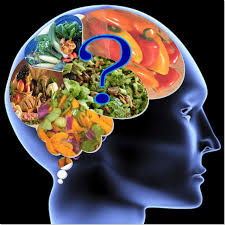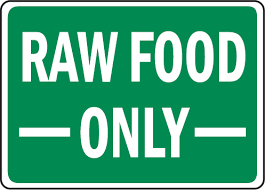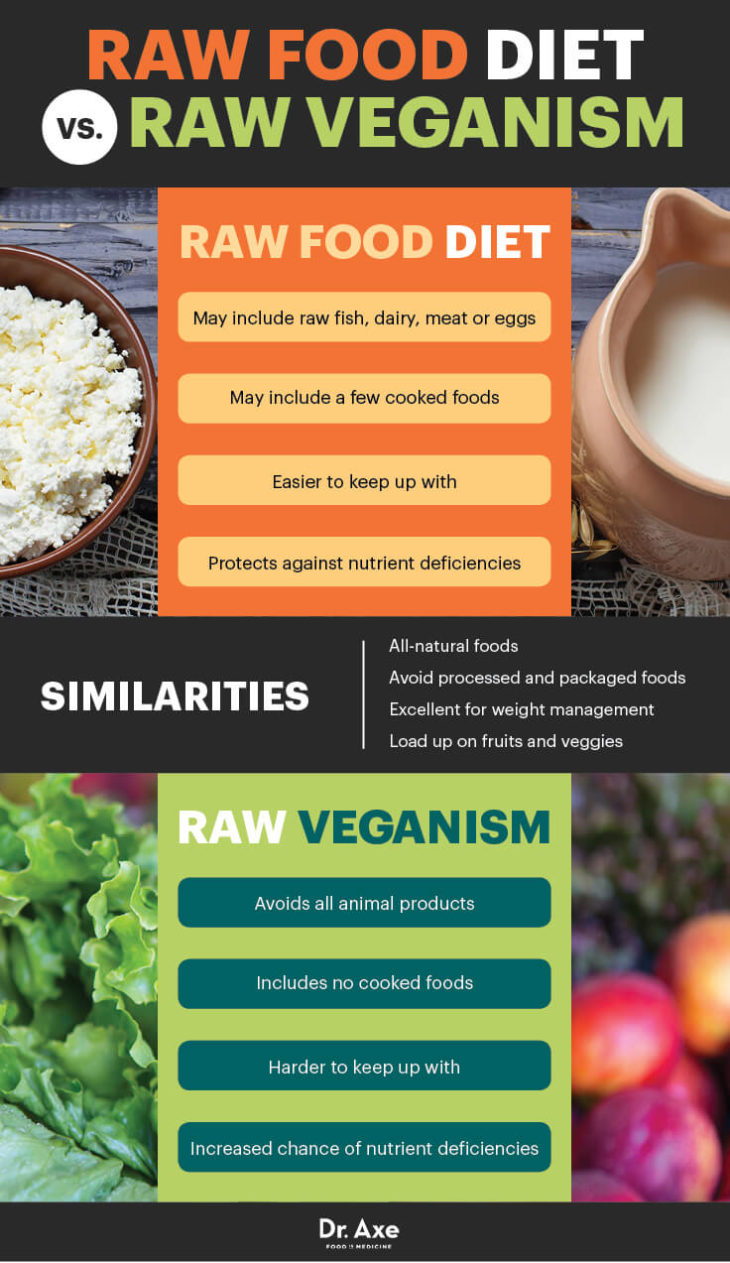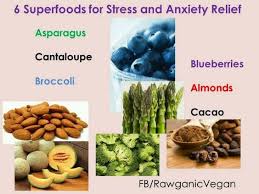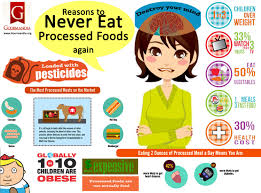Superfoods for your Brain
We’ve all had days when we didn’t feel like we were ‘on our game.’ And as we age, both our bodies and our brains grow old as well. By making smart food choices though, we can preserve our precious gray matter longer and improve brain function. Here are some brainy choices for keeping our noggins in tip-top shape.
Blueberries have been shown to shield the brain from stress, dementia, and Alzheimer’s disease. Research has also shown that diets rich in blueberries significantly improved both the learning capacity and motor skills.
Avocados, though considered a ‘fatty fruit,’ contribute to healthy blood flow and decreased blood pressure, lessening the chances of developing hypertension, which can lead to a stroke.
Deep-water fish, such as salmon is a wise, freshwater fish choice. It’s abundant in omega-3 essential fatty acids, which are essential for healthy brain function.
Nuts and seeds are good sources of vitamin E, an important vitamin needed by your brain to stave off declining cognitive functions. Cashews, peanuts, walnuts, sunflower and sesame seeds and almonds are all great choices.
Whole-grain breads, brown rice, and oatmeal also contribute to a healthy brain by reducing the risk for cardiac disease. By promoting a healthy heart and improved blood flow, the brain is sure to thrive via excellent oxygen and nutrient delivery through the bloodstream. Complex carbohydrates also supply the brain with a steady stream of glucose that enhances brain function. It’s important to avoid simple carbohydrates often found in junk food because the glucose gives the brain a short-lived sugar high, often followed by a crash that makes you feel hungry and tired.
Freshly brewed tea also has potent antioxidants, especially the class known as catechines, which also promotes healthy blood flow. Since black teas do contain caffeine it’s important to use it sensibly.
Dark chocolate has powerful antioxidant properties, contains several natural stimulants, which enhance focus and concentration, and encourages the production of endorphins, which helps improve mood. Again, moderation is the key.
by Kevin Angileri
